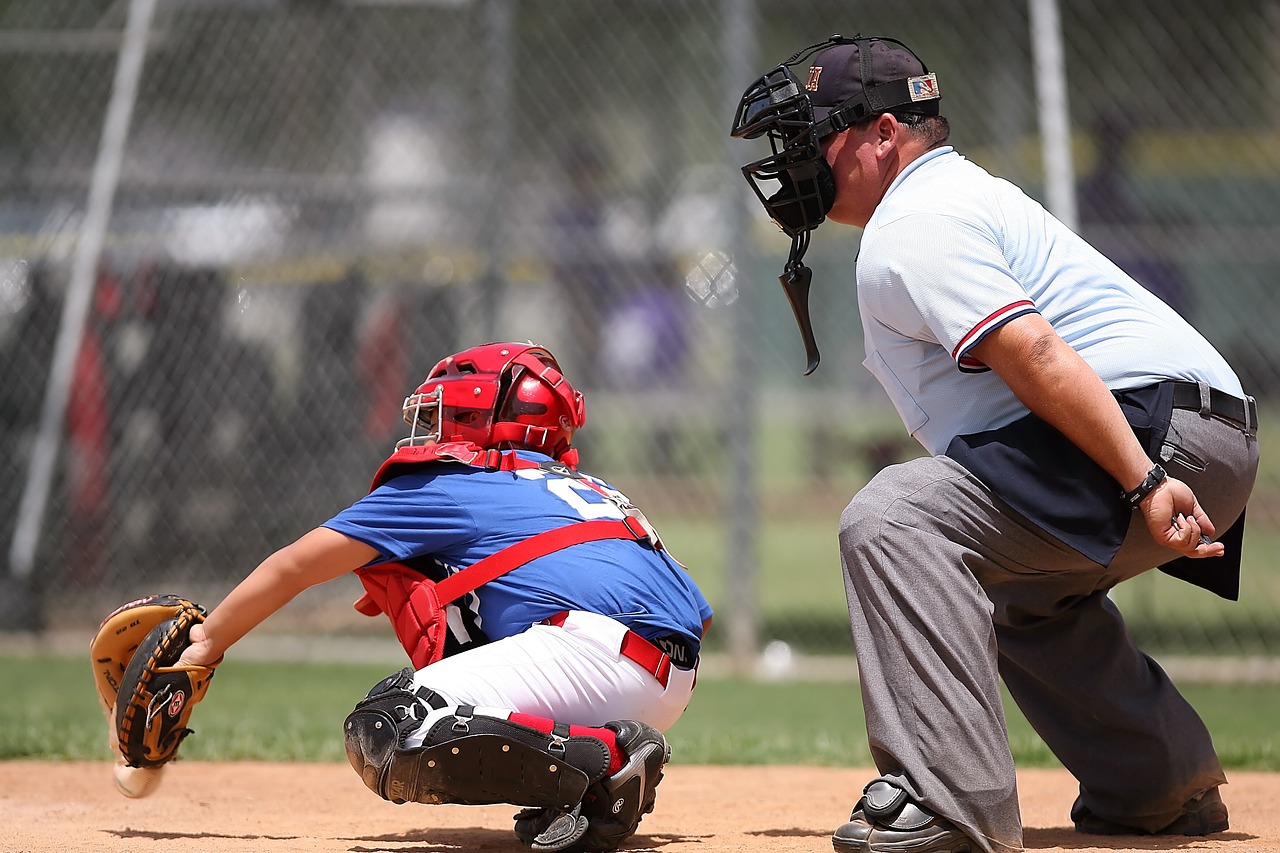Understanding Home Fire Sprinkler Systems
play exchange 99, lotus365 login, playxchange: Home fire sprinkler systems are a crucial component of any home’s fire safety measures. These systems can provide a quick response to a fire, helping to minimize damage and potentially save lives. In this article, we will delve into the ins and outs of home fire sprinkler systems, including how they work, the different types available, and why they are a valuable investment for homeowners.
What is a home fire sprinkler system?
A home fire sprinkler system is a network of pipes installed throughout a residence, typically in the ceiling or walls. These pipes are connected to a water supply and are fitted with sprinkler heads that will activate in the event of a fire. The sprinkler heads release water onto the fire, helping to suppress it and prevent it from spreading.
How do home fire sprinkler systems work?
Home fire sprinkler systems work by detecting heat from a fire. When the temperature at a sprinkler head reaches a certain threshold, typically around 135-165 degrees Fahrenheit, a heat-sensitive element inside the head is activated, causing the head to open and release water onto the fire below. Only the sprinkler heads closest to the fire will be activated, helping to contain the fire to a specific area.
Types of home fire sprinkler systems
There are two main types of home fire sprinkler systems: wet pipe systems and dry pipe systems. Wet pipe systems are the most common and consist of pipes filled with water ready to be discharged immediately upon activation. Dry pipe systems, on the other hand, are filled with pressurized air or nitrogen until a sprinkler head is activated, at which point water is released into the pipes and discharged onto the fire.
Benefits of home fire sprinkler systems
There are numerous benefits to installing a home fire sprinkler system. One of the most significant advantages is the ability to suppress a fire quickly, reducing the risk of injury or death to occupants and minimizing property damage. Home fire sprinkler systems can also help to provide additional time for occupants to evacuate safely and for emergency services to arrive on the scene.
In addition to their life-saving capabilities, home fire sprinkler systems can also help to lower homeowners’ insurance premiums. Insurance companies often view homes with sprinkler systems as lower risk, leading to potential cost savings for homeowners. Furthermore, installing a home fire sprinkler system may increase the resale value of a home, as buyers increasingly prioritize safety features when searching for a new residence.
FAQs
Q: Are home fire sprinkler systems expensive to install?
A: The cost of installing a home fire sprinkler system can vary depending on the size and layout of the home, as well as the type of system chosen. However, many homeowners find that the added safety and peace of mind provided by a sprinkler system are well worth the investment.
Q: Do home fire sprinkler systems require regular maintenance?
A: Yes, home fire sprinkler systems do require regular maintenance to ensure they are functioning properly. It is recommended to have a professional inspect the system annually to check for any issues and make any necessary repairs.
Q: Will a home fire sprinkler system cause water damage to my home?
A: While a home fire sprinkler system will release water to suppress a fire, the amount of water discharged is typically far less than what would be used by firefighters or from a traditional fire hose. The water damage caused by a sprinkler system is minimal compared to the damage that can result from a fully engulfed fire.
In conclusion, home fire sprinkler systems are a valuable investment for homeowners looking to enhance their home’s fire safety measures. These systems provide a quick response to fires, helping to protect occupants and property from harm. By understanding how home fire sprinkler systems work and the benefits they offer, homeowners can make an informed decision about whether to install a system in their own residence.







